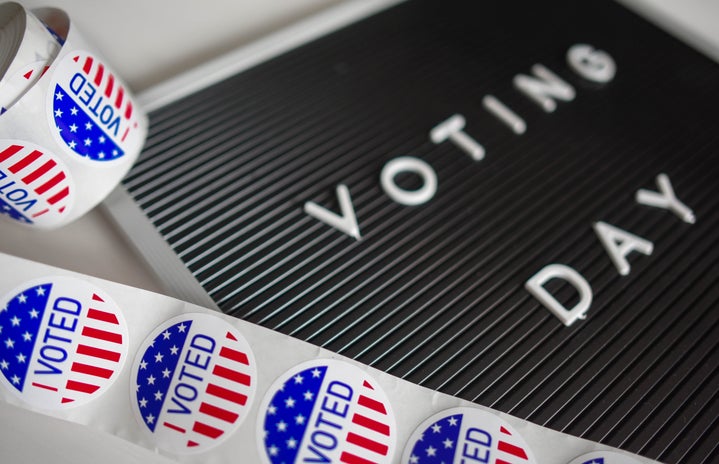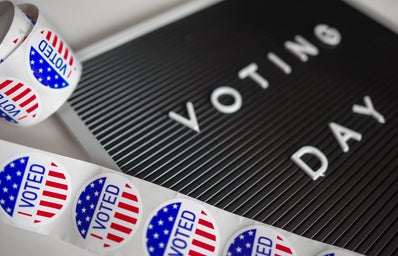The tensions and the stakes are both high in regards to our upcoming election. It’s the most divisive election America has seen in a long time, and it’s not hard to see why. There is an extreme ideological divide between the two mainstream presidential candidates and many people feel caught in the middle. As the election approaches, time is running out to decide who you will cast your vote for. No matter which way you are leaning, if you are eligible to vote, you should do so on November 3, 2020.
Are you not planning on voting? You might want to reconsider that, and here are three reasons why:
- You aren’t just voting for the president.
-
Clearly, the open position garnering the most media attention is the highest office in the land. However, there are some hotly contested Senate seats currently up for grabs, as well as many other representative positions both on a state and local level. While the President’s job is important, the job of legislators is also significant; they are the people making the laws that determine how we live our lives each day. Therefore, we must choose smart, capable, and passionate people who have our best interests at heart. Overall, our livelihood is dependent on the legislators we elect to represent us.
- Voting is your right.
-
If you are a white, property-owning man, then you have always had the right to vote in America. If you are not, your predecessors had to fight to gain this right. People of color, women, indigenous people, and many more historically marginalized groups were blocked from voting for years. It took strikes, protests, and years of fighting against those who disagreed to make any progress. Lasting changes only came about because revolutionaries cared enough about being able to cast their votes that they were willing to ruffle some feathers to get what they wanted. People fought for you to be able to vote, so what is the point in not taking full advantage of that right?
- Your vote affects more than just you.
-
Historically, there have been many groups of people in the United States that have been oppressed in one way or another. Immigrants, the LGBTQ+ community, BIPOC, and many more minority groups have faced hardships based purely on where they came from, who they choose to love, or what their skin color is. Many of these hardships are societal, but many are governmental in the sense that discrimination in many forms is still legal. Depending on who is elected in both the legislative and executive branches, these legal forms of discrimination will either be condemned or possibly built up more. The person who does nothing in situations of oppression falls on the side of the oppressor. If someone chooses not to vote and takes no active action to support minority groups, they are actively harming them. While this applies to minorities, it also applies toward traditionally non-oppressed people. Your vote does not just count toward you; it counts toward every other person living in the United States, in your congressional district, and your town.
Our upcoming election could very well change the course of American history as we know it. If you want to find yourself on the right side of history, you’ll fill out your application and send in your mail-in ballot or show up to the polling station on Election Day.


